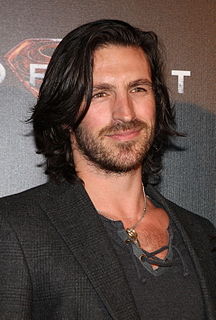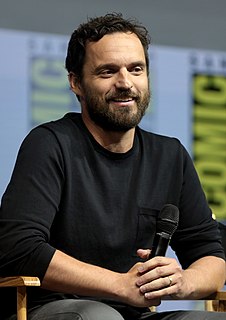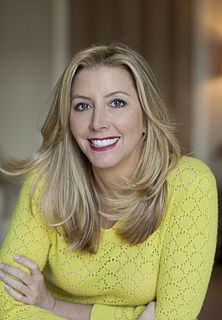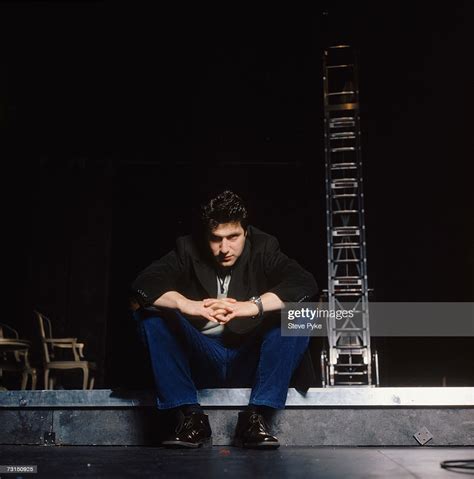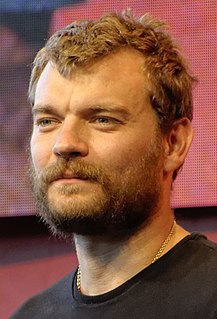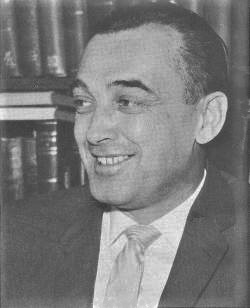A Quote by Leigh Whannell
I wasn't a frustrated writer who really wanted to act or a frustrated writer who really wanted to direct. I was really happy writing screenplays, and there's a lot of people who just do that - they're screenwriters.
Quote Topics
Related Quotes
Just write. If you have to make a choice, if you say, 'Oh well, I'm going to put the writing away until my children are grown,' then you don't really want to be a writer. If you want to be a writer, you do your writing... If you don't do it, you probably don't want to be a writer, you just want to have written and be famous—which is very different.

